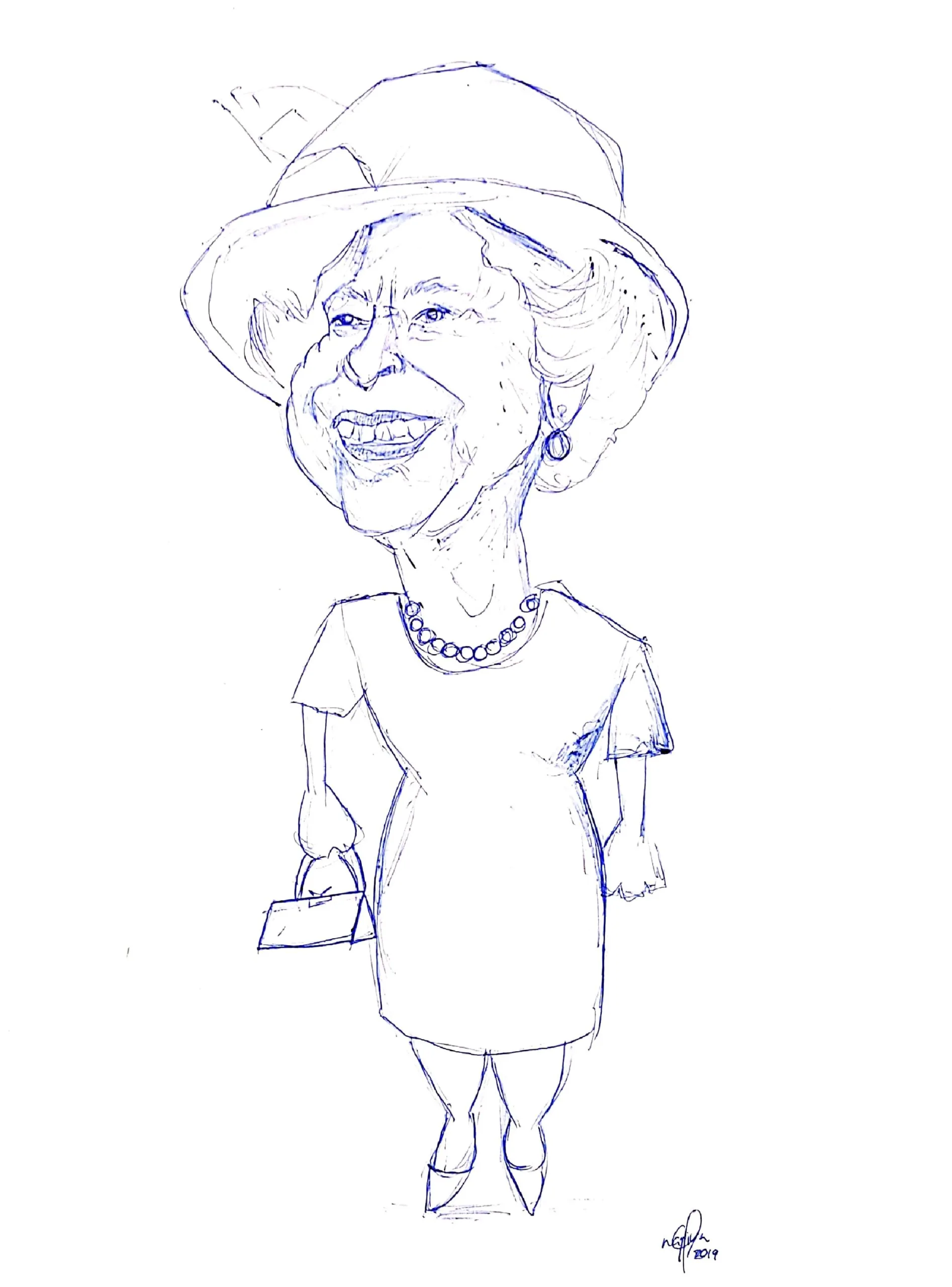SEGOVIA – The clock strikes 3am on a night out. At this point of the night, my friends and I are dancing unenthusiastically to the electronic music. We all begin to stare at each other, silently asking ourselves “can we leave yet?” as another techno song begins to play, we all start heading out ready to end the night. Suddenly, the music changes and we faintly hear “sigue aquí tomándose otro trago…”. We turn around and walk back to the dance floor.
I will admit: I love reggaeton. And clearly, I am not alone. According to Primera Hora, from 2017 to 2018 there was a 41% increase in streaming Latino artists in the United States alone. Its popularity has soared, with several reggaeton songs dominating charts internationally. In Europe, Spanish reggaeton artists have gained tremendous recognition, which is notable considering that the genre is predominantly ruled by Latin American artists. Undoubtedly, reggaeton’s appeal has made it a worldwide phenomenon.
The genre is said to have its roots in Panama, where Spanish hip hop merged with Jamaican reggae. It soon spread to Puerto Rico, where it truly gained momentum during the late 80s and throughout the 90s. However, it was not until the 2000s that reggaeton truly exploded in the Latin world, becoming commercially popular in Spanish speaking countries. Today, reggaeton is growing more than ever, especially in the United States. In April J Balvin and Bad Bunny were the first reggaeton artists to headline at Coachella, one of the globe’s most popular music festivals.
Nevertheless, reggaeton has been undergoing significant changes in the last few years. Originally in the 70s, many of the first reggaeton songs in Panama dealt with social issues. Artists often criticized the military dictatorship and explored what life was like as an afro-Panamanian. As the genre left Panama however, it progressively began to focus more on women. Vulgar lyrics were often included in the songs of artists like Daddy Yankee and Don Omar, which signaled that the objectification of women is also prevalent in the genre.
Over its history, Reggaeton has undergone some change in regard to its tone as it has become more popular among the public. The apparent objectification of women in songs during the early 2000s are now songs about romantic seduction. Despite a change in tone and the genre’s widespread success, it continues to be heavily criticized for its sexist lyrics and music videos, which was not initially the case.

When reggaeton finally plays at a club, my friends and I become ecstatic. We start singing and occasionally, screaming the lyrics as it plays. Sometimes in the midst of my excitement I sing to some questionable and at times, blatantly sexist lyrics. As a woman who aims for equality, I often ask myself whether if I am allowed to relish in these songs. I might vehemently oppose the lyrics, but if it is a great beat is it okay for me to dance to it?
In 2014 a campaign against reggaeton became viral in Colombia. The campaign was composed of four separate pictures with literal interpretations of misogynistic lyrics, accompanied with the slogan “Think for yourself: Don’t let music degrade your condition”. These photographs showed women being beaten, harassed and objectified. The impactful campaign sought to encourage people to reflect on the genre. It ultimately makes the reggaeton listener feel guilty for dancing along to such horrific and sexist lyrics.
Notwithstanding, the flaw with this specific campaign is that it attacks the entire genre of reggaeton. While it is true that the lyrics are becoming increasingly misogynistic, it would be unfair to assume all of it is sexist. The campaign generalizes too much and is reminiscent of the backlash reggaeton listeners initially received. Before it became a global sensation, reggaeton was criticized for being too vulgar and “low class”, with worried parents claiming that “reggaeton will corrupt our children”. By claiming that the whole genre is misogynistic, isn’t the campaign also degrading all reggaeton fans?
An essential side note is that reggaeton is not the first or the only genre with misogynistic lyrics. Sexism can be found in all music genres. In 2013, “Blurred Lines” became a massive hit, peaking at number one in 25 countries. Just like several reggaeton songs, “Blurred Lines” was under intense scrutiny with some critics claiming it to be misogynistic and promoting a culture of date rape. Clearly, reggaeton is not the only genre experiencing sexism and yet, it occasionally feels as though it is the most criticized.
Reggaeton does have several sexist songs with lyrics that are both disgusting and terrifying. Ultimately, these songs are not just being written out of thin air, they are unfortunately, reflections of our current socio-political climate. Misogynistic songs shed light on what our society looks like and has made us reflect on it. In the end, our society is what perpetuates sexism. To blame these attitudes on reggaeton undermines how complex sexism truly is. These lyrics that we are so disgusted by, happen to women on a daily basis and not because of some reggaeton songs, but rather because of misogyny in general. While sexism is still prevalent, it has seen a downwards trend from previous years. Even when misogynistic songs exist, as consumers and as members of society we can choose to avoid those and turn to reggaeton songs that focus on other things. Reggaeton is not all sexist and it not the only genre that perpetuates sexism. Essentially, sexism is in every genre because sadly, it is present in every society.







